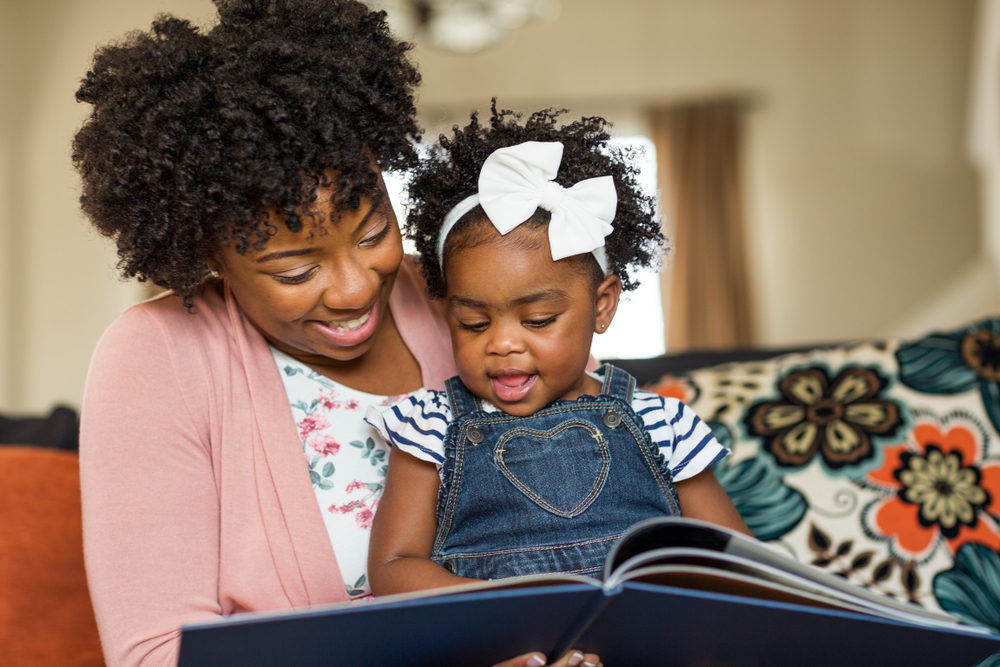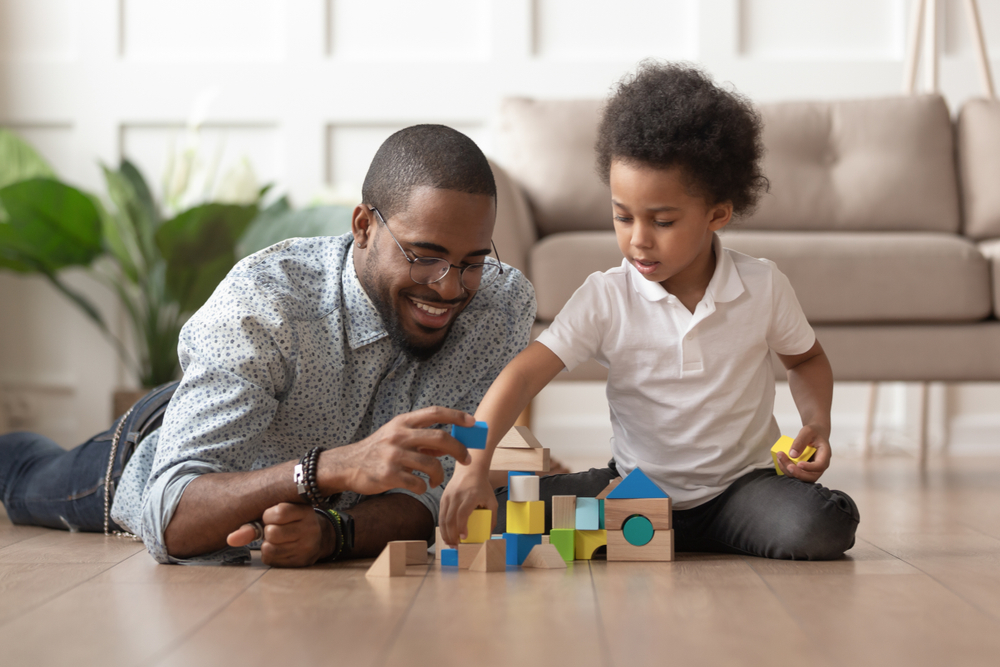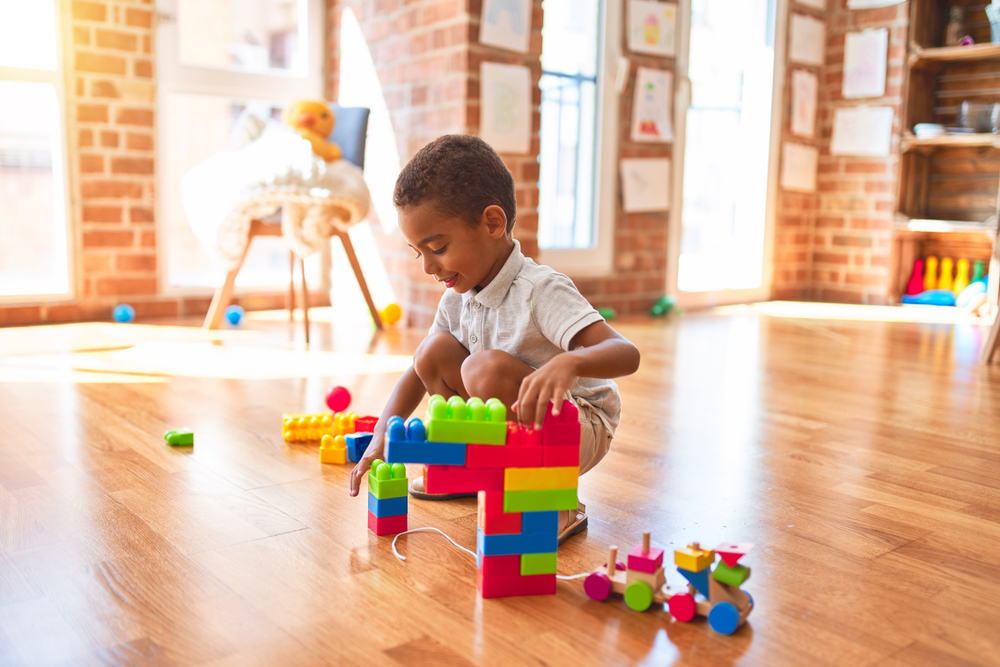
Play is more than just fun and games, it’s one of the most effective methods for early childhood education. During the formative years (ages 0-6), children’s brains develop rapidly, and play-based learning helps them absorb concepts in a natural, stress-free way. Research shows that children engaged in play-based learning demonstrate better social skills, problem-solving abilities, and cognitive development. Unlike traditional rote learning, play-based education allows children to explore, imagine, and build essential life skills in a hands-on, engaging way.
What is Play-Based Learning?
Play-based learning is an educational approach where structured and unstructured play is used to teach important academic and life skills. Instead of worksheets or passive listening, children actively engage in activities that spark curiosity, exploration, and imagination. This approach blends fun with learning, making it easier for children to grasp concepts and build confidence.
Key Features of Play-Based Learning:
Benefits of Play-Based Learning

1. Cognitive Development
When children play with puzzles, blocks, and sorting games, they develop critical thinking, logic, and spatial reasoning. Activities like these stimulate neural connections, which are vital for cognitive growth.
Example: Building a tower with blocks introduces concepts of balance, gravity, and symmetry, encouraging children to think critically and solve problems.
2. Language and Communication Skills
Play provides opportunities for children to expand their vocabulary, practice storytelling, and engage in conversations with peers and adults. Role-play and pretend play allow children to use new words and phrases in real-life contexts.
Example: A “grocery store” role-play activity allows children to practice new words like “customer,” “cashier,” and “receipt,” strengthening their language and social interaction skills.
3. Social and Emotional Development
Playtime with other children teaches valuable social skills such as cooperation, empathy, and conflict resolution. Through collaborative games, children learn how to share, negotiate, and communicate effectively.
Example: Children working together to build a Lego bridge must agree on design choices, resolve conflicts, and practice patience — all critical social skills.
4. Physical Development
Physical play like running, climbing, and jumping enhances gross motor skills, while activities like cutting paper, threading beads, or stacking objects improve fine motor skills.
Example: Outdoor play like hide-and-seek develops balance, coordination, and agility. Indoor activities like threading beads help develop finger dexterity and hand-eye coordination.
5. Emotional Regulation and Self-Control
Through play, children experience both success and failure in a safe, low-pressure environment. This builds emotional resilience, patience, and self-regulation.
Example: If a child loses a board game, they learn to manage disappointment and regulate their emotions — valuable life skills for future social interactions.
Common Misconceptions About Play-Based Learning

“Play is not real learning.”
Reality: Play is one of the most effective ways for children to learn. It engages all parts of the brain and builds cognitive, emotional, and social skills.
“Children won’t learn the basics of math, reading, and writing.”
Reality: Children exposed to play-based learning naturally develop math, literacy, and problem-solving skills through hands-on experiences like counting objects, playing word games, and recognizing patterns.
“It’s only for preschool-aged kids.”
Reality: Play-based learning benefits children of all ages. Older children still benefit from pretend play, role-play, and hands-on problem-solving activities.
Why Edupaedia Believes in Play-Based Learning
At Edupaedia, we know that learning should be as fun as it is impactful. Our Play Program is designed to offer hands-on learning experiences that foster creativity, social skills, and emotional development. We emphasize exploration, imagination, and discovery in every aspect of the learning journey. Our educators guide children using interactive activities, sensory play, and imaginative play, ensuring that every moment is a learning opportunity.
Want your child to experience the benefits of play-based learning? Join Edupaedia’s Play Program today and watch your child’s confidence and creativity soar!
Welcome to WordPress. This is your first post. Edit or delete it, then start writing!

Redefining homeschooling with a modern, tech-driven approach to education. We embody personalized learning, innovative resources, and a supportive community for families and children from Foundation Stage to K-12.
9, Ope Ifa Crescent, Ajao Estate, Anthony, Lagos State.
Email Us
Edupadiaafrica@gmail.com
Call Us
+234 703 770 1335